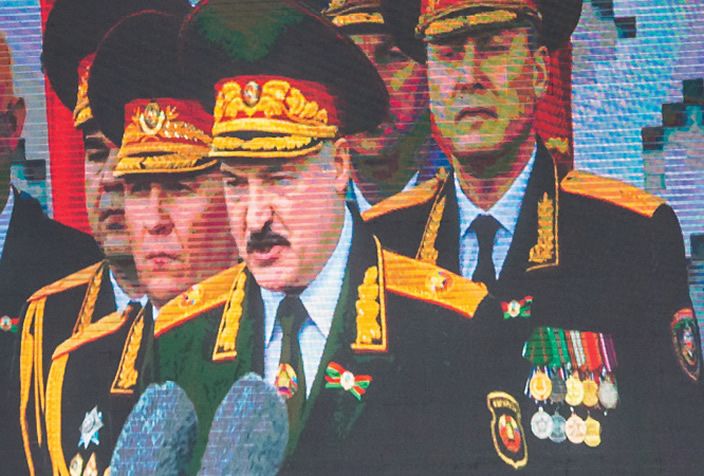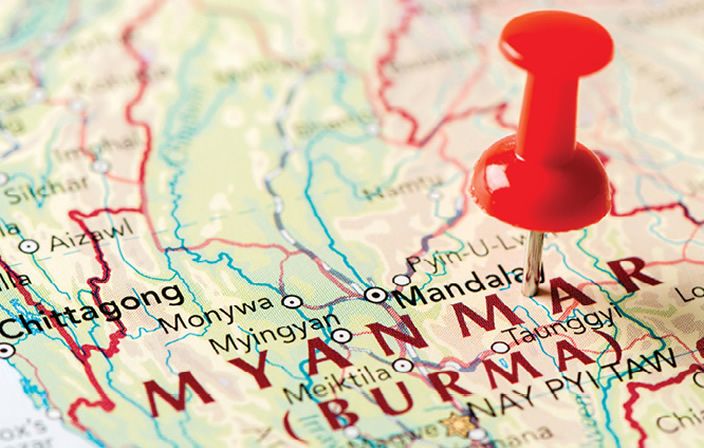
Belarus struggles for freedom from Europe’s last dictator
Since August 9, 2020, the Belarusian authorities have engaged in a campaign of mass terror, attacking citizens participating in peaceful protests denouncing election fraud. Since those disputed elections, thousands of workers have participated in peaceful protests to express their demands for free and fair elections and democratic governance in Belarus. Through strikes and other legal protests, workers and independent trade unions have shown they are key to this grassroots, citizen-driven defence of democracy.
President Aleksandr Lukashenka has responded with violence. Workers have been beaten, tortured and threatened with arrest and job loss for their efforts to exercise their right to freedom of association.
In a country whose strongman president has openly scoffed at women as too weak for politics and told them their place was in the kitchen, Belarusian women have become the face and driving force of a movement aimed at toppling a leader known as Europe’s last dictator.
Approximately 300 people have been sentenced to more than a year in prison, including harsh prison sentences targeted against members affiliated with the Belarusian Congress of Democratic Trade Unions (BKDP).
Source: LabourStart









































































































































